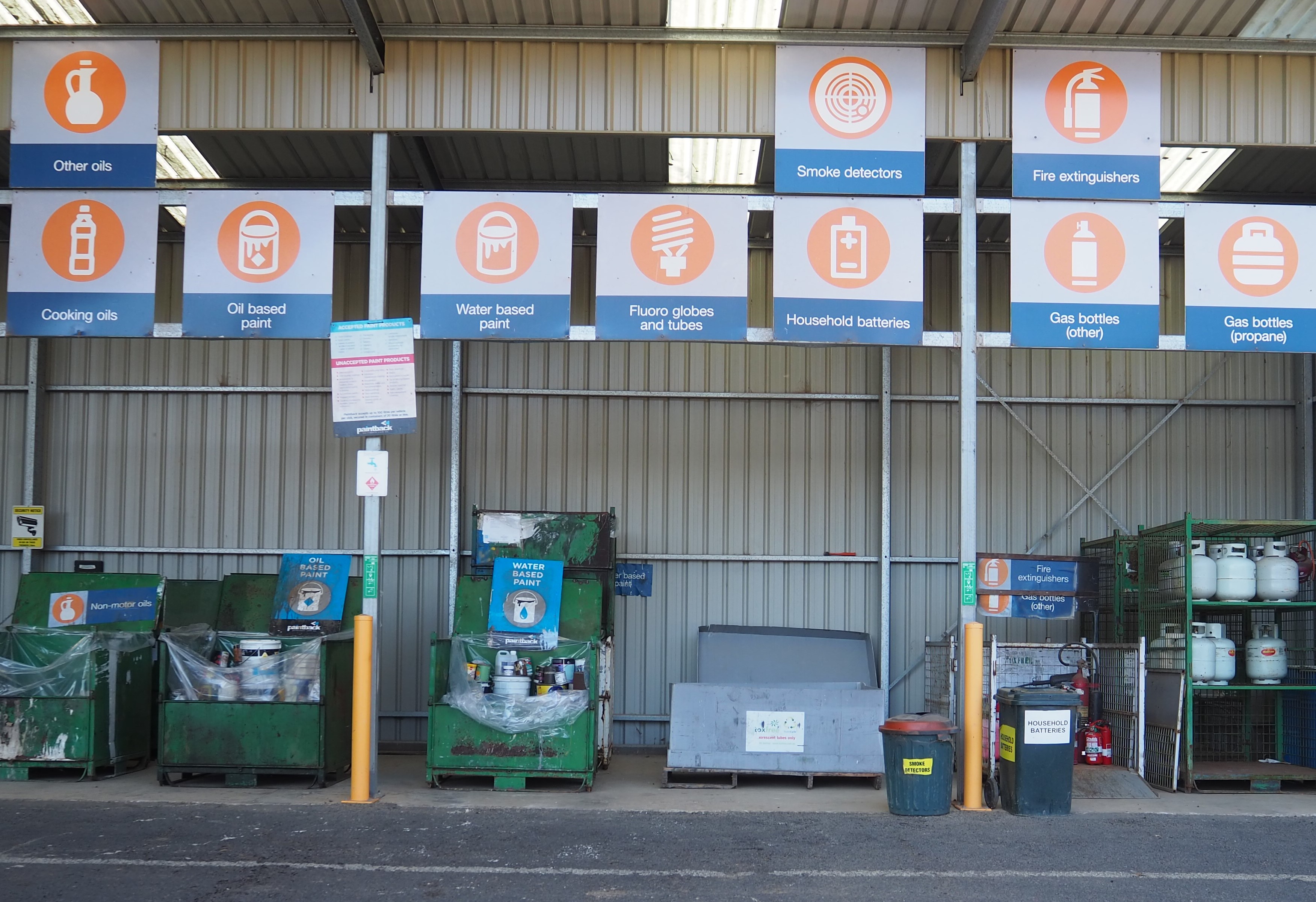An exciting project is currently unfolding in Tanunda as Marieka Ashmore and Sheralee Menz tell stories of Barossa food, Barossa women, their contributions to the community, and the enduring connections to a well-known Barossa building.
Marieka and Sheralee are and together they are unpicking the secrets of the iconic ‘Barossa Cookery Book’.
First published in 1917 as a war fundraiser, the cookbook contained 400 recipes contributed by women in the community, the proceeds from which helped establish the ‘Tanunda Soldiers Memorial Hall’. A further 600 recipes were added in 1932 and it was re-formatted with a new cover illustration, remaining in constant print ever since. It is now one of Australia’s oldest, most iconic and continuous community cookbooks with an unbroken record of its proceeds being funnelled into the original building, which now serves the community as Barossa’s Regional Gallery.
It is in this very building that the history of the cookbook and the stories of the women who created it are now being told. Marieka and Sheralee have spent several years researching the recipe book and it didn’t take long for them to recognise that this book deserved a bigger stage.
We started our research and realised quite quickly that the recipes, the ingredients, the language and the contributor names all whispered information about the economic, societal and political world these women lived in.

“It was fascinating that the more we thought about these women and their recipes the more it revealed about their lives. It’s quite literally so much more than ‘just’ a cookbook”.
The in Tanunda started its life as an institute owned by the Tanunda Club, before it was passed to Council ownership and in 1917 was endowed to the community as the Tanunda Soldiers Memorial Hall, with the proceeds from the cookbook assisting its upkeep. It is this building that still houses the honour roll of all the Tanunda sons and daughters who served in both world wars, and the photographs of those who never came home. So it’s very fitting that the cookbook that funded its inception should be discussed within its walls.
A series of informative talks are being held as part of the South Australian History Festival that runs for the duration of May. Titled ‘Herstory’, the talks encourage people to reimagine our state’s history not in the hands of the men, but the women.
“The men who worked so hard to establish our communities are honoured in many places. On buildings, street names, awards and plaques – and rightly so! But who is telling the story of the women? What of their accolades and recognition? Our project aims to shine a light on the women whose work was unnoticed, quiet and humble, but was equally as critical,” says Sheralee.
Those Barossa Girls started working on the project in 2019 and have been researching recipes and their contributors for several years, before compiling their work into a manuscript which is now before a publisher. The stories they have uncovered are fascinating insights into families devastated by war, sacrifices, hardships and heartaches, but are inspiring in their resilience, dedication and generosity.
These women are so incredibly inspiring.
“They sent their sons, husbands, brothers, cousins off to war, yet even after the deaths of their loved ones they all continued to contribute to the war effort and bolster their communities. We look at the photos of all the boys who died and our hearts just sink. These women could no longer help their own sons, but they were determined to do everything they could to help everybody else’s. Their strength and resilience were really quite remarkable.”
The research has also thrown up an unexpected side-effect. “After researching these women we now feel so protective of them, their stories and their recipes,” says Marieka. “They are almost family to us now and we call them ‘our girls’ and we refer to their recipe by name. So we might make Gwen’s Henley Cake or Wanda’s Ginger Sponge. So the more work we do the more compelled we feel to honour their stories and ensure their contributions are recognised.”
The Herstory events have each focused on a different aspect of the recipes and the secrets they reveal about political, societal and economic life in 1917 and 1932. The final event on 28 May is titled ‘The Tanunda Croquet Club’ and promises a fascinating deep dive into the societal hierarchies and gender expectations that existed in 1930s Barossa.
Tickets to the event are available online through , or at the door however seats are limited. A light afternoon tea is included, featuring a recipe from the cookbook. Copies of the Barossa Cookery Book are available for purchase at the event or online through
Event
Attributable quotes – Sheralee Menz
“Published during war rationing and the depression, the Barossa Cookery Book is a roadmap back to eating in a way that is seasonal and resourceful, but has enough genteel baked goods to still deliver a powerful nostalgic punch.”
“We love this little cookbook and the secrets it holds. We encourage everyone to hold it quietly, open its pages and let it sing.”
“The Barossa Cookery Book is utterly traditional with a side serving of community.”
“It’s such a satisfying and important project and we feel so honoured to be trusted with these women’s stories.”
” We want to encourage a new generation of recipe and skill keepers who recognise that it’s not about romanticising the past and insisting that we all need to go back to living and cooking like our grandmothers. Instead it’s about looking back and recognising what’s important, then ensuring we carry it forward to pass to a new generation.”








